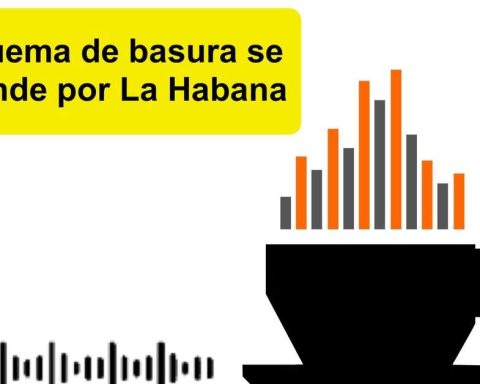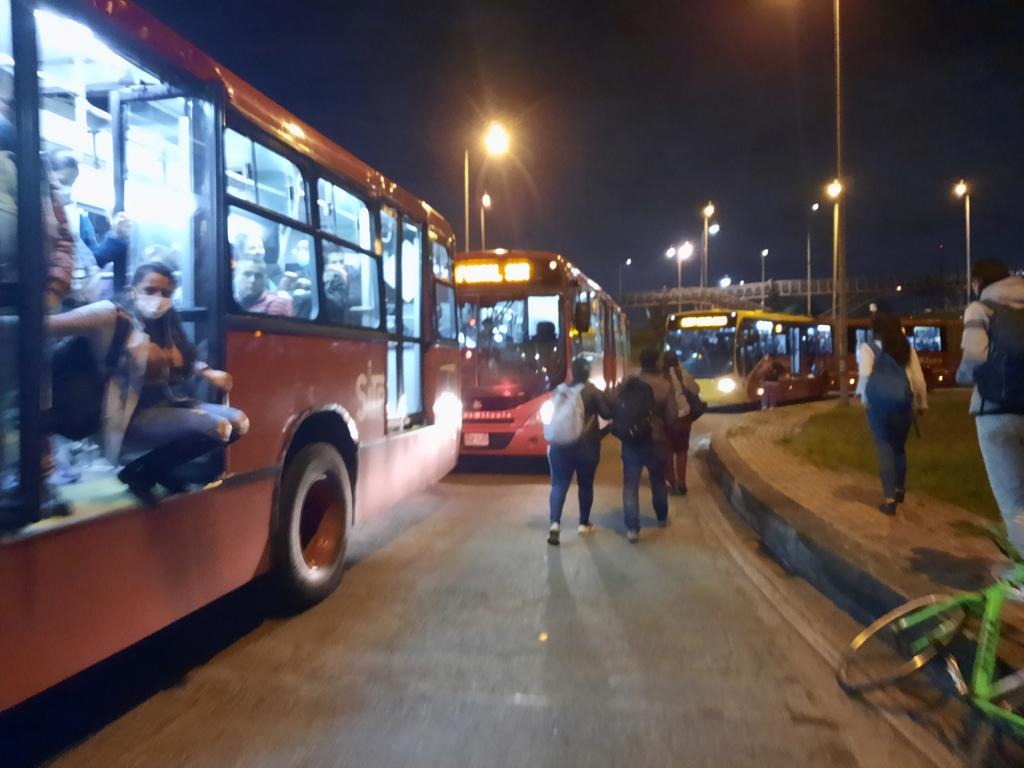If the customer refuses to send the electronic receipt, businesses are required to deliver a paper one. If they do not, the sanction is temporary closure.
Currently 242,916 taxpayersbetween natural persons and companies, are authorized to issue eletronic bills. In addition, 12,581 are in the process of obtaining authorization.
Since 2014, the Internal Revenue Service (SRI) launched a schedule detailing what type of activities and businesses should gradually implement this modality of billing. That schedule can be reviewed at this link.
Although, in essence, one of the benefits of electronic billing is to minimize the issuance of physical documents, in the current regulations there are exceptions in which it is mandatory to deliver them.
Specifically, there are three cases in which any company, whether large or small, must submit the so-called printed representation format of an electronic document (physical invoice), known as RIDE:
1. When there is no consent of the user or consumer to receive the electronic receipt.
2. When printing is expressly required by the client at the time of issue or later. That is, even if the business sends the Electronic bill to e-mail, if the buyer requires proof physical it must be provided.
3. When the purchase does not identify the consumer or user (end consumer). The impression of the representation of the electronic receipt (RIDE) has the same validity as the receipts established in the Regulation of Sales Receipts, Withholding and Complementary Documents.
Can a business be closed for not delivering a RIDE?
According to current regulations, which include resolutions and laws, one of the grounds that allow the SRI Closing a business is “not delivering sales receipts or delivering them without complying with legal or regulatory requirements.” This includes exceptions within the electronic billing.
Notification will not be necessary if the non-delivery of the sales receipts or the delivery of these without complying with the legal or regulatory requirements is flagrantly verified. In this case, the closure it will be automatic.
That is to say, for example, if during a surprise inspection, the business or commercial establishment does not deliver the RIDE, even though it has been requested, the officer of the SRI can apply the closure automatic.
In the first instance, that closure it is 7 days. If it is repeated, the sanction increases to 10 days; and can be maintained until compliance with the Law is verified.
In consultation with Diario LA HORA, the SRI He assured that, although complaints have been received about supposedly unfounded closures, “all have been favorable to the Tax Administration in the respective legal processes, because all have had the necessary legal and documentary support.”
In this sense, Norma Rivera, a tax attorney, stressed that taxpayers, whether individuals or companies, must be clear about the infractions they may incur when they do not comply with all the obligations of the electronic billing.
“On the SRI page you can find a whole section with the steps to request the electronic billing, implement it and then use it in the best way to get the most out of it, “he said. (JS)
















